How to become an expert in your scientific field
The world desperately needs experts. We live in a complex world, and knowledge is dramatically expanding. Nobody can comprehend anymore all the data which are produced on a daily basis.
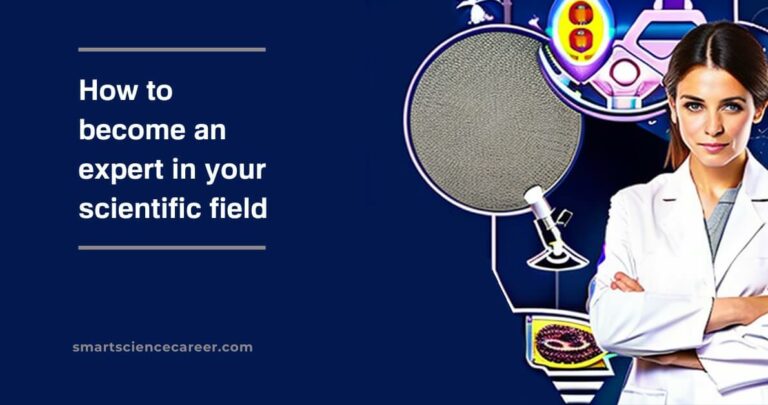
The world desperately needs experts. We live in a complex world, and knowledge is dramatically expanding. Nobody can comprehend anymore all the data which are produced on a daily basis.
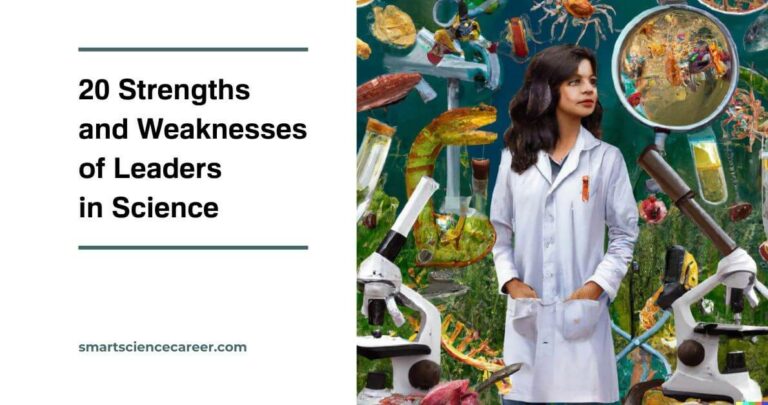
What are the essential strengths and weaknesses of leaders in science? Strong scientific leadership is vital in driving scientific progress and innovation. The scientific community needs leaders who inspire others, make ethical decisions, and effectively communicate their findings to experts and the public.
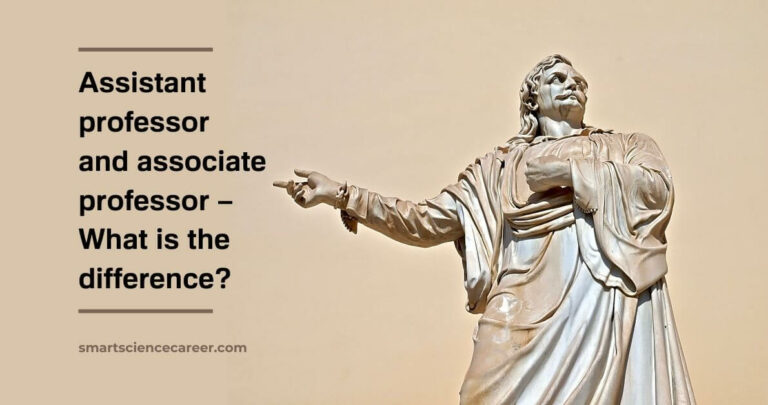
Knowing which types of academic positions are available in the academic market is helpful for making good career decisions. There are multiple types of professor jobs in many different disciplines, including tenure-track or tenured positions such as assistant professor, associate professor, and full-time professor. For a successful career in science, it is essential to understand what tenure and tenure track mean.
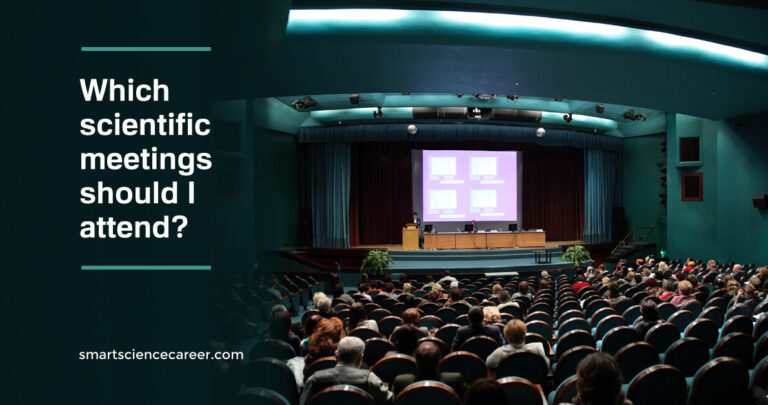
Attending a scientific meeting can be very inspiring. It may broaden your network and help you to make yourself and your research visible to a broad audience. Nevertheless, it is also often time-consuming and expensive. How do you choose the right meetings to attend?

For many researchers, science is a passion and, for some, even a calling. However, the status of sciences as “something you do for passion” is often abused by supervisors and institutions to justify bad working conditions. Unveil some myths about ‘science as a job you should do for free’ – you may take them for granted without knowing it.
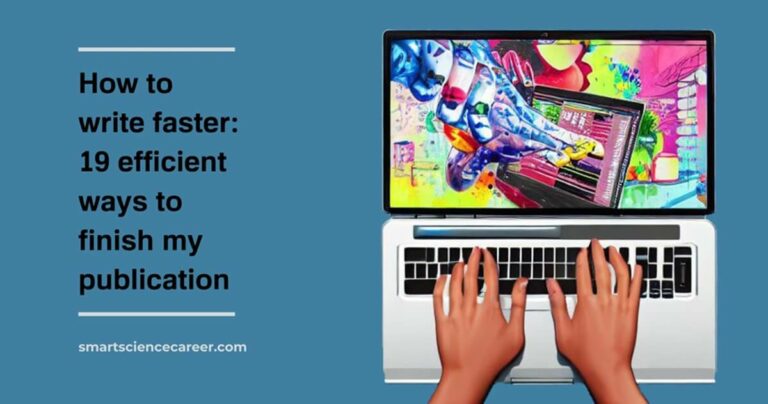
Writing a research paper or a review can be a pleasure or a pain. If you manage your energy and time well, you can dramatically speed up your writing. What are the best tips and easy steps to write a research paper faster and more efficiently?

Academic tenure is fundamental to higher education, offering professors permanent employment and job security to protect academic freedom. This status allows professors to explore, teach, and publish without fear of repercussions and promotes an environment for innovative and potentially controversial research. Achieving tenure involves a rigorous review of teaching, research, and service contributions.

Young scientists often struggle with the problem of being obliged to include authors in the author list who may not have contributed substantially – or not all. In particular, partners who only provide technology, patient samples, genetically modified organisms, or general infrastructure may be a reason for debate, although the research would be impossible without their contribution. How can you handle this problem?
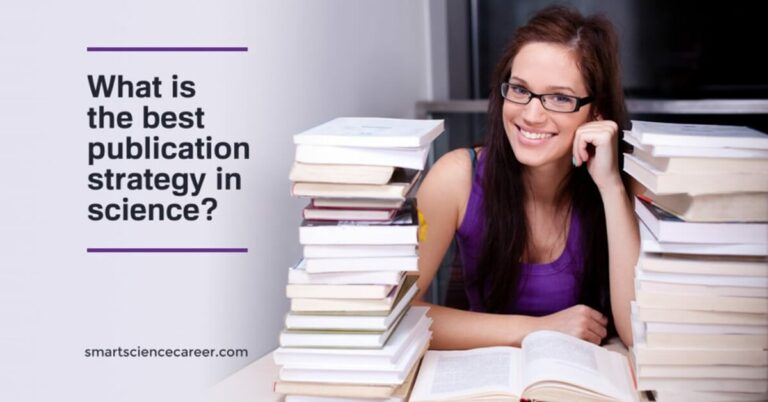
Young scientists often get conflicting advice on how they should publish. Every generation of young scientists has to address similar questions: Should I publish several smaller papers or focus on one big paper with a high impact factor? What is the effect of my publication strategy on my scientific career and the possibility of raising grant money? How important is my publication list for a non-academic career?
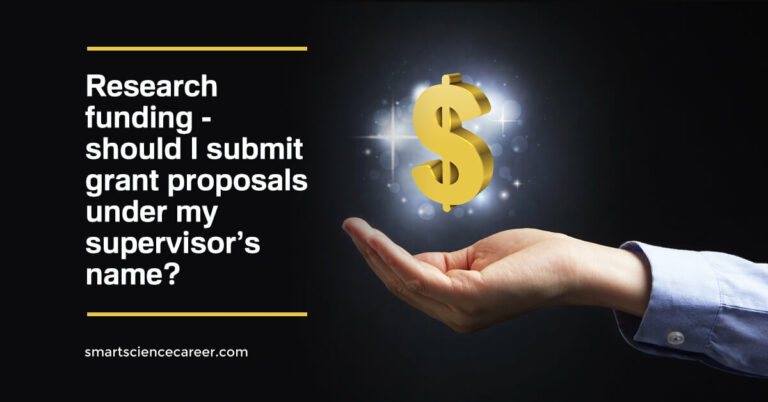
Raising research funding is an essential skill that makes you attractive for positions in industry and academia. However, at the beginning of your career, you are often not eligible, and you are confronted with a dilemma: Either risk not getting the grant or submitting it under the name of your supervisor. What should you do?